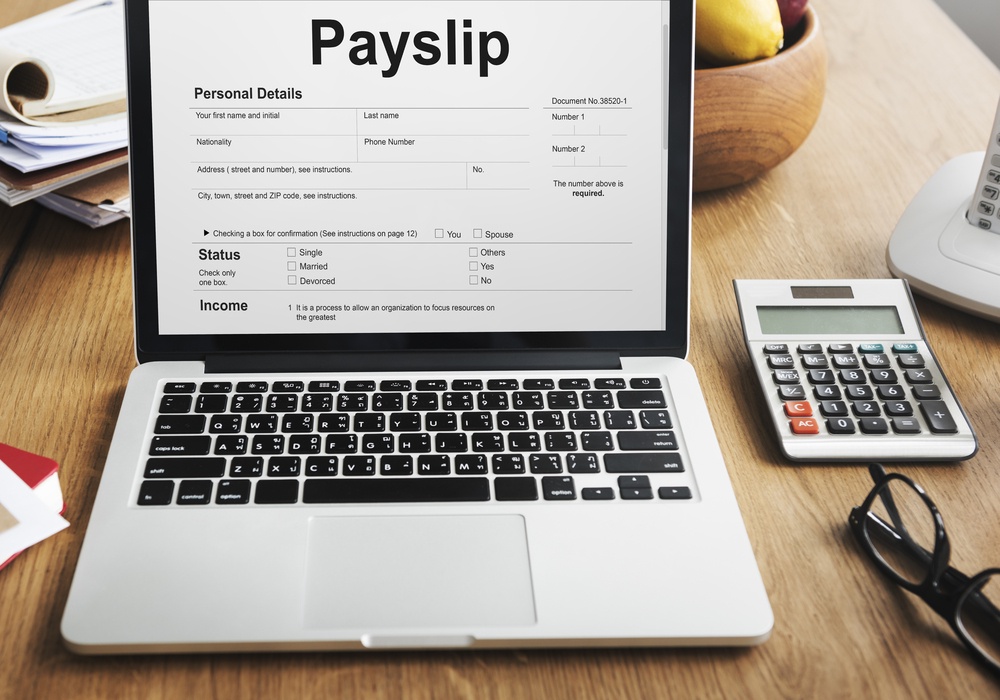Understanding your paystub is crucial for managing your finances effectively and achieving your financial goals. Whether you're saving for a vacation, a down payment on a house, or planning for retirement, your paystub holds valuable information that can help you budget wisely and stay on track financially.
Understanding Your Paystub
Your online paystub provides a breakdown of your earnings and deductions for a specific pay period. It typically includes information such as your gross pay, net pay, taxes withheld, and deductions for benefits like health insurance and retirement contributions. Understanding these components is essential for gaining insight into your financial situation.
Gross pay represents the total amount you earned before any deductions are taken out, while net pay is the amount you take home after taxes and deductions. By examining your paystub, you can see how much of your earnings are going towards taxes, insurance premiums, and other expenses.
Budgeting Basics
Budgeting is the foundation of financial planning. It involves tracking your income and expenses to ensure that you're living within your means and allocating funds towards your priorities. Creating a budget allows you to identify areas where you can cut back on spending and save for future goals.
To create a budget, start by listing all sources of income, including your regular paycheck, side hustle earnings, and any other sources of income. Next, track your expenses, including fixed costs like rent or mortgage payments, utilities, and transportation, as well as variable expenses like groceries, dining out, and entertainment.
Using Your Paystub for Budgeting
Your paystub provides valuable information that can help you create an accurate budget. Start by identifying your total income for the month, including any additional sources of income beyond your regular paycheck. Then, subtract your fixed expenses to determine how much discretionary income you have left for savings and other goals.
By analyzing your paystub, you can identify trends in your income and expenses and make informed decisions about how to allocate your funds. For example, if you notice that your expenses are consistently exceeding your income, you may need to cut back on discretionary spending or find ways to increase your income.
Planning for Financial Goals
Once you have a clear picture of your income and expenses, you can start planning for your financial goals. Whether you're saving for a vacation, a new car, or retirement, setting specific, measurable, achievable, relevant, and time-bound (SMART) goals is essential for success.
Consider both short-term and long-term goals and prioritize them based on their importance and urgency. Allocate a portion of your income towards each goal and track your progress regularly to stay motivated and on track.
Budgeting Tips and Tricks
Budgeting doesn't have to be daunting. There are many tips and tricks you can use to make the process easier and more effective. Start by prioritizing your needs over wants and cutting back on unnecessary expenses. Establish an emergency fund to cover unexpected expenses and consider automating your savings to make it easier to stick to your budget.
Leveraging Paystub for Savings
Your paycheck stubs can also help you take advantage of employer benefits and save for the future. Maximize contributions to employer-sponsored retirement plans like 401(k)s and take advantage of any matching contributions offered by your employer. Additionally, consider setting up automatic transfers to a savings account to ensure that you're consistently saving for your goals.
Reviewing and Adjusting
Financial planning is an ongoing process. It's essential to regularly review your budget and make adjustments as needed. Life circumstances can change, and your budget should reflect those changes. Celebrate your successes along the way and don't be afraid to modify your goals or adjust your budget as needed to stay on track.
Conclusion
Your paystub is a valuable tool for budgeting and planning for your financial future. By understanding your paystub and using it to create a budget, you can take control of your finances and work towards your goals with confidence. Start today by analyzing your paystub and creating a budget that aligns with your priorities.
FAQs
-
How often should I review my budget?
- It's a good idea to review your budget at least once a month to track your progress and make any necessary adjustments.
-
What should I do if my expenses exceed my income?
- If your expenses exceed your income, look for areas where you can cut back on spending or consider finding ways to increase your income, such as picking up a side hustle or negotiating a raise.
-
Can I use my paystub to negotiate a raise?
- Your paystub can provide valuable information about your earnings and contributions to your employer. Consider using this information to make a case for a raise during salary negotiations.
-
Should I include bonuses in my budgeting plan?
- Yes, bonuses should be included in your budgeting plan. However, consider allocating a portion of your bonus towards savings or debt repayment before using it for discretionary spending.
-
What's the best way to start an emergency fund?
- Start by setting aside a small amount of money each month until you have built up a fund that can cover three to six months' worth of living expenses. Consider automating your savings to make it easier to build your emergency fund over time.


No comments yet